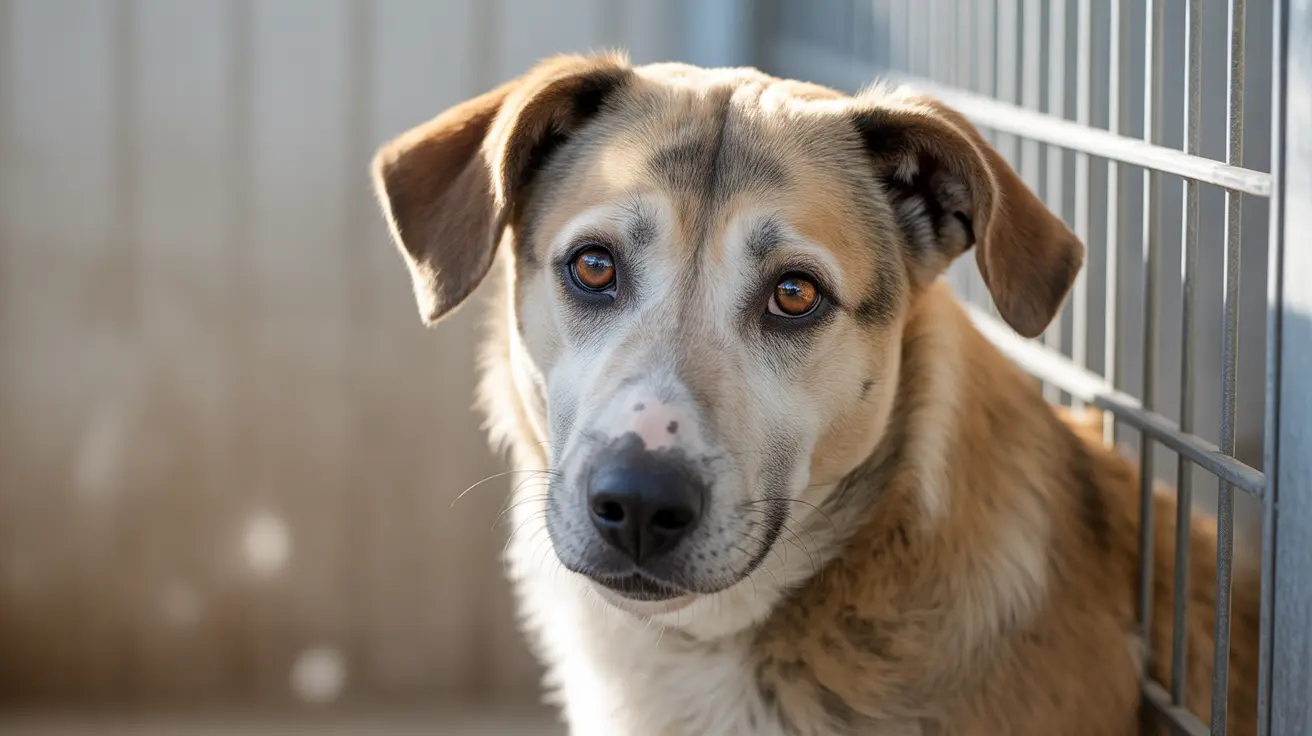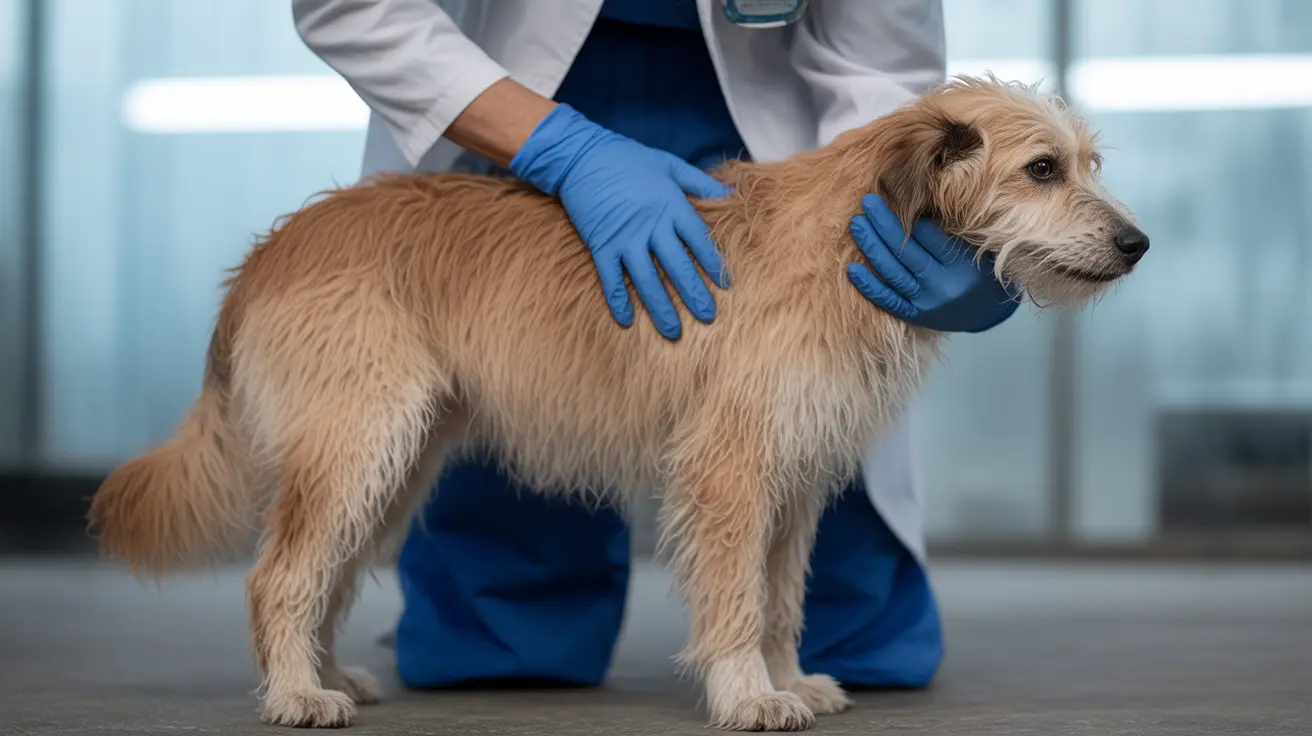When your feline friend is struggling with an upper respiratory infection (URI), knowing the right home remedies can make a significant difference in their recovery. These infections are incredibly common in cats, often causing symptoms similar to a human cold. While some cases require veterinary intervention, many mild URIs can be managed effectively with proper home care and treatment.
In this comprehensive guide, we'll explore proven home remedies and treatment strategies to help your cat feel better, while also discussing when professional medical attention becomes necessary. Understanding these treatment options can help you provide the best care for your sick cat and potentially speed up their recovery process.
Essential Home Care Treatments for Cat URIs
Steam Therapy and Humidity Management
One of the most effective home remedies for cat upper respiratory infections is steam therapy. This simple but powerful treatment helps loosen mucus and ease breathing difficulties:
- Run a hot shower for 10-15 minutes with your cat in the bathroom
- Use a cool-mist humidifier near your cat's resting area
- Ensure proper ventilation while maintaining warm, humid air
Nasal and Eye Care
Regular cleaning of discharge is crucial for your cat's comfort and recovery:
- Use separate warm, damp cloths for eyes and nose
- Clean discharge gently multiple times daily
- Apply warm compresses to help soften crusty discharge
Nutrition and Hydration Support
Maintaining proper nutrition and hydration is vital during recovery:
- Warm food slightly to enhance aroma and appeal
- Offer high-moisture content foods
- Place water bowls in multiple locations
- Consider pet fountains to encourage drinking
Natural Supplements and Support
Several natural supplements can support your cat's immune system:
- L-lysine supplements (consult your vet first)
- Probiotics for immune support
- Vitamin C-rich foods (when appropriate)
- Omega-3 fatty acids for inflammation reduction
Warning Signs: When to See a Veterinarian
While home remedies can be effective, certain symptoms require immediate veterinary attention:
- Severe lethargy or depression
- Complete loss of appetite for 24+ hours
- Difficulty breathing or rapid breathing
- Yellow or green discharge
- High fever or dehydration
Preventive Measures and Long-term Management
Preventing future infections is just as important as treating current ones:
- Maintain regular vaccination schedules
- Keep living areas clean and well-ventilated
- Reduce stress in your cat's environment
- Isolate sick cats from healthy ones
- Practice good hygiene with food and water bowls
Frequently Asked Questions
What are effective home remedies to relieve my cat's upper respiratory infection symptoms?
The most effective home remedies include steam therapy, maintaining proper humidity, regular cleaning of discharge, ensuring adequate hydration, and providing warm, aromatic food to encourage eating. These methods help ease congestion and support your cat's natural healing process.
How can steam therapy help my cat with a respiratory infection, and how do I do it safely at home?
Steam therapy helps loosen mucus and ease breathing by creating a humid environment. Run a hot shower for 10-15 minutes with your cat in the bathroom (door closed). Ensure the room doesn't get too hot and that your cat has space to move away from direct steam if needed.
When should I clean my cat's nasal and eye discharge during an upper respiratory infection, and what's the best method?
Clean discharge as often as needed throughout the day, typically 3-4 times minimum. Use separate warm, damp cloths for eyes and nose to prevent cross-contamination. Gently wipe from the inner corner outward, using a fresh portion of the cloth for each wipe.
Are there natural supplements or herbal remedies that can support my cat's recovery from an upper respiratory infection?
L-lysine supplements, probiotics, and omega-3 fatty acids can support recovery when used appropriately. Always consult your veterinarian before starting any supplement regimen, as some natural remedies may interact with medications or be inappropriate for certain cats.
What signs indicate my cat's upper respiratory infection needs urgent veterinary care instead of home treatment?
Seek immediate veterinary care if your cat shows severe lethargy, stops eating for more than 24 hours, has difficulty breathing, develops yellow or green discharge, or shows signs of dehydration. These symptoms could indicate a serious infection requiring professional medical intervention.
Remember, while home remedies can be very effective for mild upper respiratory infections, they should never replace veterinary care when needed. Always monitor your cat's condition closely and don't hesitate to seek professional help if symptoms worsen or persist.






